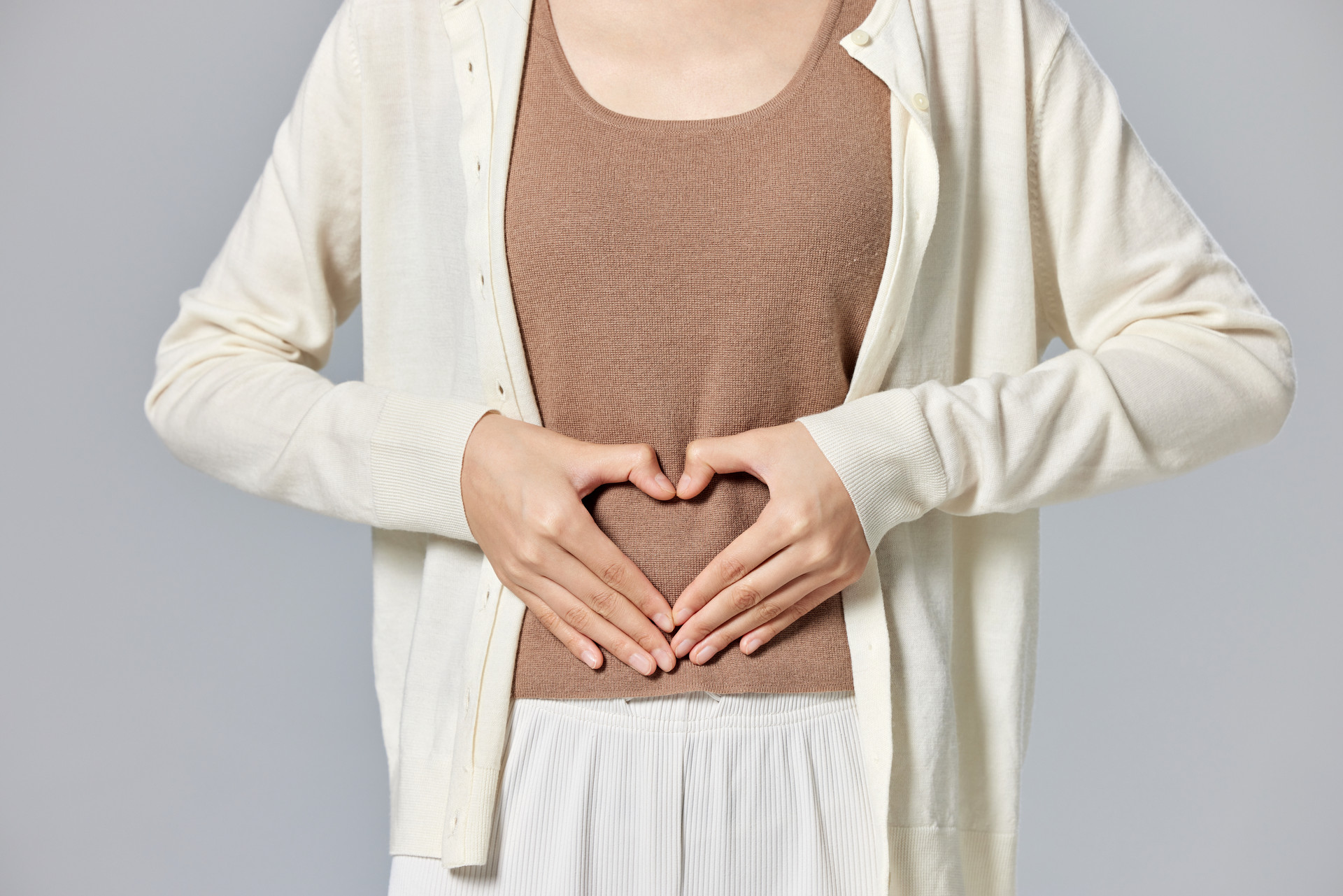Every month, women have a few "special days" when they feel physically uncomfortable. Many women experience fatigue, dizziness, weakness, and excessive sleepiness during these days. Some even have trouble distinguishing between day and night, constantly feeling drowsy. Traditional Chinese Medicine refers to this phenomenon as "excessive sleep during menstruation."
"Excessive sleep during menstruation" is one of the manifestations of premenstrual tension syndrome. Previously, this condition mostly affected women over the age of 40. However, due to the fast-paced lifestyle and economic crises, women are now experiencing more stress, leading to the appearance of symptoms like "excessive sleep during menstruation" in women in their twenties.
Excessive sleep during menstruation refers to the condition where women feel sleepy all the time before or during their menstrual period. They may wake up when called, but soon feel sleepy again. In my clinical experience, the occurrence of this condition is related to the constitution of women.
Insufficient liver yin leads to menstrual irregularities
In addition to general weakness, most individuals experiencing excessive sleep during menstruation also suffer from severe menstrual pain, anxiety, restlessness, lack of focus, and behavioral changes. The appearance of these symptoms is generally related to insufficient liver yin in these women.
In Chinese Medicine, the liver is considered the foundation of women's constitution. The liver meridians travel around the female reproductive organs, pass through the breasts, and ascend to the top of the head. After puberty, women's bodies undergo significant changes, including menstruation, pregnancy, childbirth, and lactation, which consume a large amount of yin blood. If the yin blood is excessively depleted without timely replenishment, the essence and blood cannot nourish the brain and marrow, resulting in symptoms like sleepiness, dizziness, headaches, restlessness, and anxiety. If the liver meridians are obstructed during circulation, symptoms like breast distension, lower back pain, and severe menstrual pain may occur. In severe cases, vomiting and excessive sweating may also occur, making each menstrual period resemble recovering from a major illness. This aligns with the theory of Western Medicine, which states that through blood circulation, oxygen is transported to various tissues and organs. Insufficient blood supply means insufficient oxygen supply, which can cause the brain to lack oxygen, leading to yawning and drowsiness.
Treatment of excessive sleep during menstruation through syndrome differentiation
Specifically, excessive sleep during menstruation can be mainly attributed to deficiency of both qi and blood, deficiency of liver and kidney yin, stagnation of liver qi, and deficiency of spleen and kidney yang. Due to improvements in diet compared to 20 years ago, there are fewer cases of qi and blood deficiency and spleen and kidney yang deficiency caused by nutritional deficiencies. However, there are more cases of liver qi stagnation and liver and kidney yin deficiency caused by increased work pressure. The symptoms and treatment methods are as follows:
Deficiency of qi and blood: This is characterized by mental fatigue, sleepiness, reduced menstrual flow and pale color, pale tongue with teeth marks, white coating, and thin pulse. It can be treated with blood and qi tonic decoctions such as Ba Zhen Tang (Four Gentlemen Decoction) and Si Wu Tang (Four Substance Decoction). Ba Zhen Tang consists of dang shen, bai zhu, fu ling, and gan cao, mainly used for qi tonification. Si Wu Tang consists of dang gui, chuan xiong, bai shao, and shu di huang, which is an excellent blood tonic.
Deficiency of liver and kidney yin: This is characterized by dizziness, blurred vision, sore and weak lower back and knees, dry mouth, restlessness, irritability, bright red menstrual flow with little or incomplete discharge, red tongue with little coating, and thin rapid pulse. It can be treated with Liu Wei Di Huang Wan (Six-Ingredient Pill with Rehmannia) plus Er Zhi Wan (Two-Ultimate Pill), and can be supplemented with tu si zi after menstruation. Liu Wei Di Huang Wan consists of shu di huang, fu ling, shan yao, shan zhu yu, dan pi, and ze xie. Er Zhi Wan consists of nu zhen zi and han lian cao.
Stagnation of liver qi: This is characterized by dizziness, restlessness, irritability, breast distension, lower abdominal pain, sticky and bright red menstrual flow with blood clots, red tongue with yellow coating, and wiry pulse. It can be treated with Xiao Yao Wan (Ease Powder) taken one week before menstruation. Xiao Yao Wan consists of chai hu, bai shao, dang gui, fu ling, bai zhu, bo he, and gan cao. Many cases of liver qi stagnation are accompanied by symptoms of liver and kidney yin deficiency. If there are menstrual irregularities and excessive sleep during menstruation, a food therapy combined with herbal medicine can be used. This includes cooking wu ji with huai shan yao and gou qi zi. After menstruation, take Liu Wei Di Huang Wan on one day and huai shan yao, gou qi zi, and wu ji soup on the other day.
Deficiency of spleen and kidney yang: This is characterized by fatigue, poor appetite, loose stools, sore and weak lower back and knees, aversion to cold, lower abdominal pain, scanty and dark menstrual flow, pale tongue with white coating, and deep thin pulse. It can be treated with Ling Gui Zhu Gan Tang (Poria, Cinnamon Twig, Atractylodes Macrocephala and Licorice Decoction) plus Shu Fu Zi and Yin Yang Huo to warm the kidneys and invigorate the spleen. Ling Gui Zhu Gan Tang consists of fu ling, gui zhi, bai zhu, and gan cao, and can be supplemented with some shan yao.
It should be noted that everyone has different constitutions, varying degrees of illness, and different body sizes, so the dosage of medication will also vary. Generally, overweight individuals will require a higher dosage compared to those who are thin.
Diet and lifestyle adjustments
Women who experience sleepiness and excessive sleep during menstruation should pay attention to regular physical exercise such as jogging, playing sports, or practicing tai chi. They should choose an exercise they enjoy and stick to it in the long term. In terms of diet, they should consume less sweet and fatty foods. In summer, they can eat a moderate amount of
| 1 2 > >> >>|






